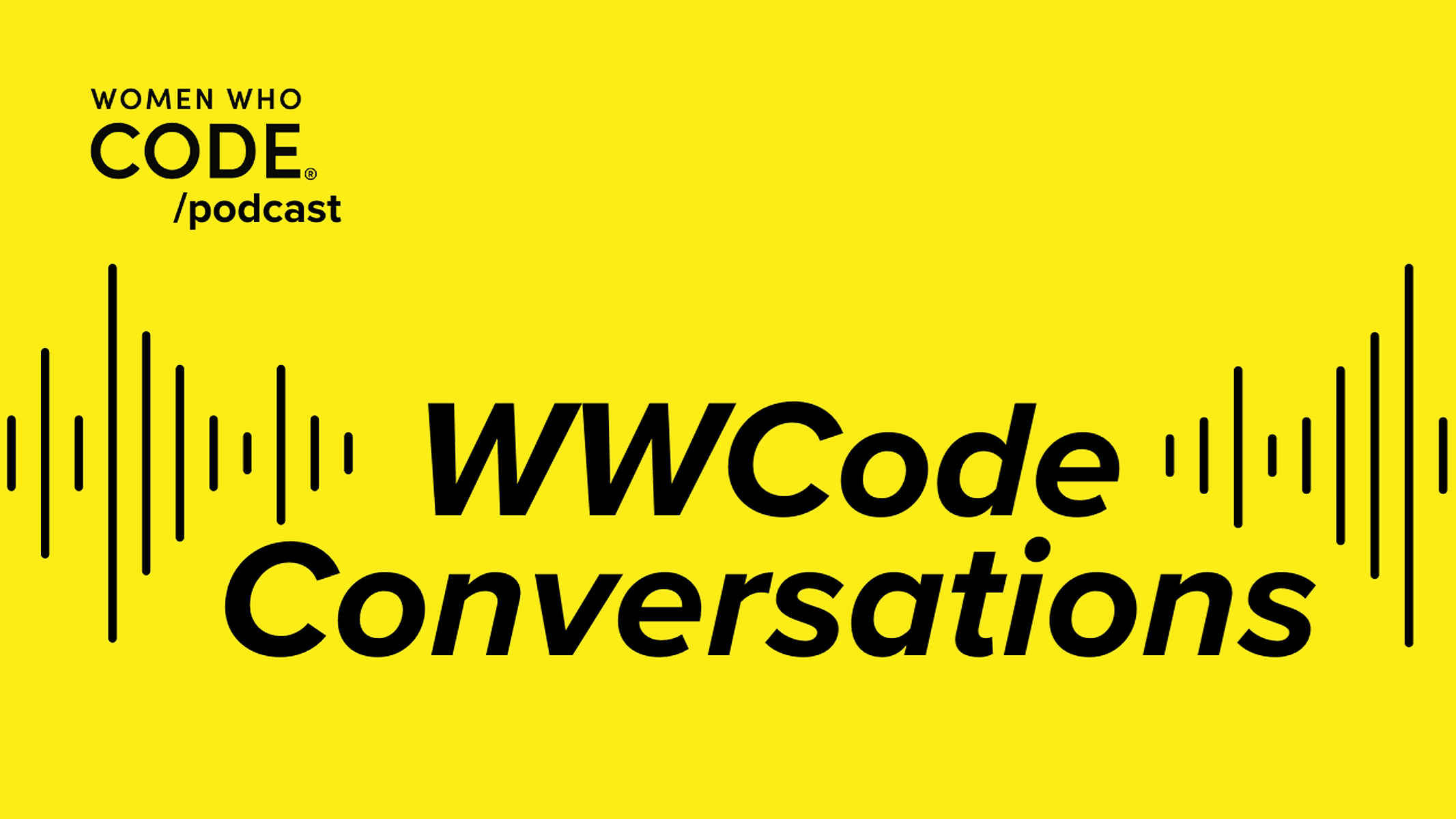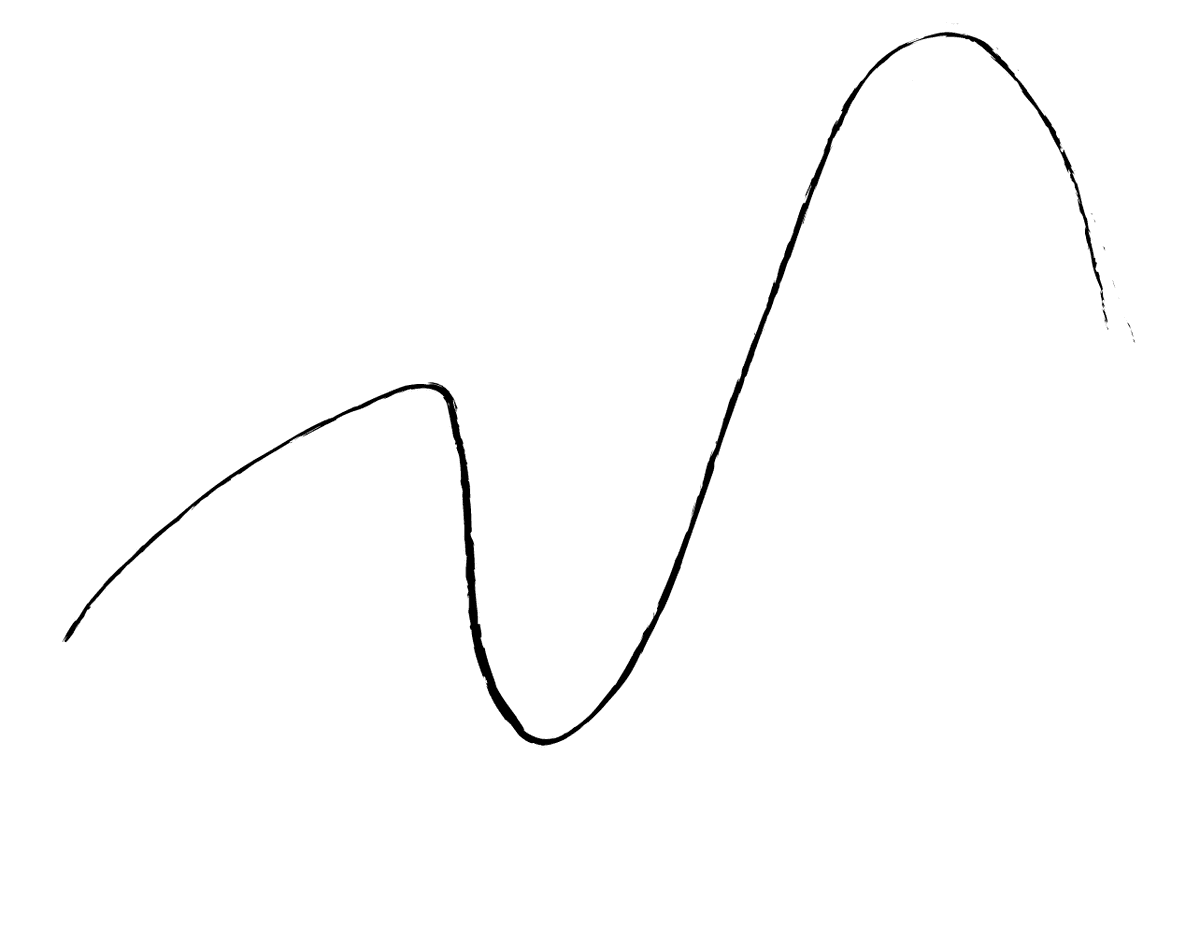
WWCode Conversations #65: Setting Yourself up for Success

Madona Wambua, Senior Android Engineer at Western Governors University and Lead at Women Who Code, sits down for a Fireside chat with Moyinoluwa Adeyemi, Moyin for short, Senior Software Engineer at Twitter focused on Android development, and Google Developer Expert for Android. They discuss aspects of working at a startup versus a big tech company, the value of community, and the importance of a brag document.
Can you talk about your path to Google Developer Expert and why you decided to apply?
I studied computer science at university. After that, because I had already been doing a bit of programming in Android, I got a job, my first Android developer job, in 2015 straight out of college. After that, I worked with my manager, Annyce Davis, at another place called ZOLA Electric. She was a GDE at the time, I wasn't. Being a GDE meant that you had access to more people in the community, you had access to Google Cloud, you had access to resources, and you were encouraged to give your talk or share your community work with a wide range of audiences. I wanted that.
I was a founder of the first Women Techmakers Community in Nigeria in 2013. It used to be called GDG Women. It was supposed to be an arm of the Google Developer Group to encourage women to get into tech. I did that while in school, and when the main organizer left, I stepped up to become an organizer. When I left college and moved to Lagos, still in Nigeria, I became a lead, a co-organizer for the Google Developer Group in Lagos. Initially, when I started community work, I did not have enough technical knowledge to give back. I was doing lots of organization, but I wasn't contributing technically because I had nothing to contribute.
It was a community of students. They were young, they were hungry, and they were eager to give back. They had resources from Google. They were very free to share everything they knew. They shared all the knowledge for free. They organized free events. That was where I learned how to build Android apps. I had in mind that maybe one day in the future when I know enough to give back, I would start. It seemed cool that these people were giving out all this information for free and changing lives.
Now you know a lot, and you're giving back, right?
When I moved to Lagos, I think in 2015, I took the Udacity Nanodegree. I learned how to build Android watches. I wrote a bunch of articles and created some open-source code. There was the Firebase ML library, I forget what it's called. The Mobile Vision API, back in 2016. That was very interesting to me because I knew nothing about ML. It was fascinating to use the library to build interesting stuff. I wrote many articles about that, Some were featured in Android Weekly, and that was how I started building my technical contributions. I applied twice to become a GDE. I applied in 2017 and didn't make it past the first interview.
I knew that even though I did not get the title, I still loved contributing and giving talks. I like taking a very complicated subject matter, learning it, and then breaking it down for people. I found that I enjoyed doing that. In 2019, I got into the GDE apprenticeship program. I think it's now called Road to GDE. I was mentored by Rebecca Franks, who is now a Googler. I applied again and got in 2019.
Why is the community important to you?
I saw that my friends built this app and I was just so fascinated by seeing something work on the phone. I got them to teach me how to do it. They did it for free. We were all students. We had to pass exams and attend classes, but they still took time to teach me these things. I've been a part of the community since. They poured into me when I did not know anything.
You've worked at both a tech startup and a big tech company. How has working at these different companies helped you grow as a developer?
I worked at the right companies at the right time with the sizes. The company I was at before Twitter was a startup. We were just two Android developers in the entire company. That meant we were the entire team. You are the notifications, database, network, and release team. You're also the person who has to roll back the app. It gave me a good overview of what it meant to build an Android app from beginning to end. You couldn't assign someone else to build your UI while focusing on the network request. You had to do everything. I think it was a good learning experience for me because it gave me a good overview of building Android and how all the parts fit together.
Twitter is the biggest company I've ever been at. From what I've seen and read, I think things are the same where you have different teams handling different things, and you don't get to work on a complete app. You're just responsible for a section of it. The experience of touching everything at the previous company helped me understand that even though I'm on a separate team that works on a tiny portion, I still have a big mental picture of how it all fits together. Sometimes that helps with debugging, knowing the right questions to ask, or knowing where to look for stuff. I think that's the major difference between a startup and a big company.
On your recent promotion, how did you set yourself up for success? Please share how people can work towards those promotions and how it differs from the startup.
Self-advocacy is important. I remember having a promo conversation probably six months before I got it, or even longer. I was lucky that, at that point, I was about to set my goals. We have ladders at Twitter. I looked at the ladder for the next level and picked out the things I thought I was not doing well. I made those my goals for the next six months. I picked out the stuff that I thought wasn't doing well. I set my goals, showed them to my manager, and we agreed it was a good path. At the startup, it was called putting together a promotion packet where you have to write about how amazing you've been at the current level you are in. You built a case for why you should get promoted. Sometimes the manager writes it, sometimes, you write it, and sometimes the manager reaches out to you to ask for points. Depending on how many people they manage, they might not have enough visibility of what you do daily, which is why it is important to keep a brag document. It's just a document with everything you've done. Sometimes you might forget everything you did in the first year, like if you join the company and you're trying to get promoted three years later. If you have a document and a good track record of everything you've been doing, then it's easy to refer to that document. You can share that document with your manager to let them know what you've been doing and let them see for themselves why you deserve to get promoted.
What exactly do you put in your brag document?
I think it varies. Some people have a very organized brag document they can share. For me, it's like my dump of stuff that I do so that I don't forget. Ideally, you would want to make it a document you can share with people to let them see all the work you've been doing. Big companies care about impact, so you must show the impact. After every project or everything you've done, you also have to remember to highlight the impact. Ideally, a brag document would be a document with the project and the impacts of the stuff you've done. For this, I use it as a reference document. If I work on a project, I post the project and details about it. There's no chance of me forgetting what I worked on because it's all listed there.
From Nigeria to London, how has that transition been for you?
I moved in interesting circumstances. I used to work remotely. I loved it. I understood things about communication, not slack, being visible, or even more visible when people can't see you in person. I got used to it, and when I moved to London, I had to work remotely because the offices were closed. I moved to London two days before the first lockdown. I already built the remote work culture because I had been doing that for three years before moving. I had never been to London, but I had been to New York for DragCon. I think New York and London have the same vibe. It's lots of people, at least when they're no lockdowns. It's busy. There's lots of stuff to do.
If you could tell something to a younger self, what would that be?
Not to worry too much, and just keep at it because it's easy for me to get very worked up about the future. I'm an over-thinker. Sometimes it gets to be too much. I'm not sure what tomorrow holds, but if I keep this up, if I keep showing up, if I keep giving my best if I keep learning new stuff, it doesn't matter where it goes because things align. I'll tell my previous self that I turned out amazing.
Would you propose having a mentor early in your career, and do you have one?
I find the concept of mentoring very interesting. I've had different people reach out to me to mentor them. I prefer a short fixed-term arrangement. We know what we want to get out of that mentorship program. We have goals. We have a set schedule of when we're meeting, and we can follow up bi-weekly or weekly and check in until we hit those goals. I know that some people prefer an extended mentorship. I have lots of people who are my mentors who don't know it. You might not necessarily need to be in contact with someone to learn from them, I guess they're indirectly mentoring you. I think it works differently for different people.
You're a marathoner, right? Tell us more.
I am. I started running in 2015 because I had just started at my new job. I wanted a way to move because I knew I would be sitting all day. I hated it initially. I was very slow, but I applied the mindset of showing up daily. It was a great way for me to meet people outside of my tech circles. I had a running group, and those in that group were bankers and lawyers. Nobody was in tech. It got easier over time. What you're doing with running is working out, exercising your body, and working on your mental health with or without knowing it. I signed up for the first one. It took me almost seven hours to complete, but I completed it. You have to build up to it. If you go out and decide you're going to run a half marathon, you might get injured. Have a plan, be consistent, stick to your schedule, eat well, and sleep well. For one of the marathons, I got a Guinness World Record. It was the first virtual London marathon, and over 30 thousand runners ran it virtually.

